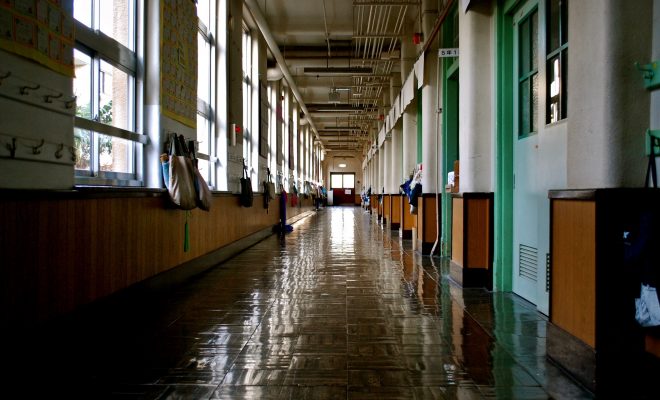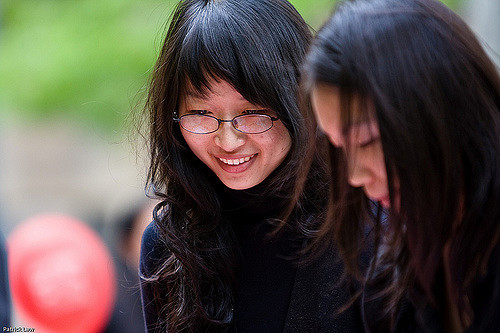9 Challenges Our Students Face in School Today Part I: Poverty & Homeless Families

Some students struggle with completing Math and English assignments, submitting homework on time, and staying focus in class. However, these struggles may be a part of a greater problem that is not clearly seen by parents, guardians, and educators. 9 challenges students face in school are poverty, homeless families, child abuse and neglect, bullying (including cyber bullying), violence, obesity and eating disorders, sex and pregnancy, suicide, drugs, and dropping out. This article reviews the first two challenges which are poverty and homeless families.
Poverty is a major problem in the United States. The gap is widening between the upper class and the lower class sectors of society. The socioeconomic status of children and their families has a profound effect on children’s education, even in a country that prides itself on equal opportunity and fair treatment of all.
The distribution of wealth is skewed in the United States. The poorest 40% of American citizens receive 12% of the national income. In contrast, the wealthiest 20% receive 51% of the national income. There are more than 36 million impoverished Americans. While the majority of poor people are White, racial and ethnic minorities have a higher rate of poverty. More than 17% of American children live in poverty, which constitutes 35% of the poor. The majority of poor children come from families headed by a single female parent. Unemployment is a factor in poverty for some, but many are employed and still live below the poverty line.
Contrary to what many believed possible in the past, education has not eliminated poverty.
Schools have not been designed to properly serve poor children. They reflect and promote a middleclass way of life. What other challenges do impoverished children experience? They often come from homes that are not adequate in terms of shelter, and they may live in dangerous communities. In their neighborhood, they may be exposed to drugs, violent crime, and prostitution, and they may turn to these types of activities themselves at an early age.
Parents of children living in poverty often struggle to provide them with enough quality food and medical coverage. Children living in poverty often come to school without having had enough sleep and without having had breakfast. They often experience family violence, abuse, secondhand smoke, neglect, and inadequate clothing. They may not be able to pay for field trips or other extracurricular activities that might expand their experience base. This is the frightening reality for millions of children. As a teacher, you will likely have impoverished students in your class.
Homelessness is another step down on the ladder of poverty. It is a very real problem faced by 1.5 million children. Many homeless families live in shelters in rural or urban areas. With one income and high rent and living expenses, many families are just one emergency away from disaster.
Homeless children still need to have an education, although when they get to school each morning, they are often hungry and tired. Like many children living in poverty, homeless children move frequently, and are exposed to drugs, violence, crime, and more. Transportation might be an issue for some homeless children, and they miss a great deal of school. When they can attend school, they may be teased about their clothes and the fact they fall asleep in class. They may have difficulty making friends or fear participating in an activity in front of the class. Although many homeless children are with their families, older homeless children may be runaways or may have been kicked out of their homes. Many have been abused sexually and/or physically.
To help homeless families living in homeless shelters or doubling up with another family in an apartment (who are also considered homeless), Congress passed the McKinney-Vento Homeless Assistance Act in 1987. This act was put into place to ensure homeless families will receive food, shelter, adult education, job training, and more. Barriers that once kept children out of school, such as not having a birth certificate, proof of immunization, or residency, have been removed by this act. Accordingly, no child is turned away from an education. Unfortunately, budget cuts in recent years have hampered the development of this program.
Teachers who have homeless children in their classroom will need to know how to help and support children without a permanent home. The children may be emotionally needy. Due to lack of access to bathtubs or showers and little food, they may be dirty and hungry. Teachers can be an anchor for these children by showing them compassion and understanding. It may also be a challenge to communicate with parents who do not have regular access to a phone. Of course, the most important thing for homeless children is that their families find a home. Teachers might be able to help by working with local agencies, children, and their families to find a solution to their problem.
Poverty and homeless families are serious challenges that students may be facing today. Be aware of signs or situations that reflect these problems among your students. In the classroom seek to assist your students as best as you can and continue to educate them. Continue to read the other parts of this series to learn more about the challenges students face today.





